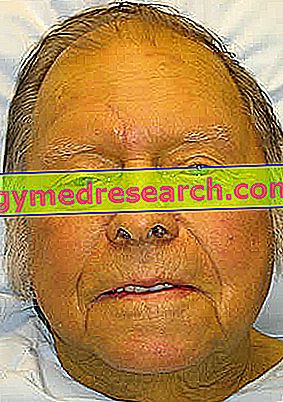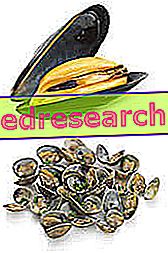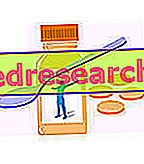See also: Bechici useful in the treatment of cough
Generality
Dextromethorphan is an antitrissive drug obtained synthetically from morphine.
Unlike its precursor, dextromethorphan is dextrorotatory and is therefore incapable of binding to opioid receptors; in other words, unlike morphine, it is devoid of any analgesic activity and has no narcotic effects.

Dextromethorphan is also frequently included in medicinal preparations against colds, antihistamines and anti-decongestant drugs.
Action mechanism
Once ingested it acts on the non-opioid receptors present at the level of the central nervous system and on the serotoninergic neurotransmission, raising the stimulus threshold of the cough reflex.
Mode of use and side effects
Dextromethorphan is generally administered through syrups, tablets or tablets under different pharmaceutical brands or with generic labels.
The recommended dosage is generally 15-60 mg to be taken 2/3 times a day. The side effects are minimal, so much so that it is marketed as an OTC drug ("on the counter" or over the counter); at dosages ten times greater (over 200-300 mg / day) it can induce visual-auditory alterations (hallucinations) convulsive crises and alterations of the heart rhythm. The toxic dose is also related to the other constituents of the drug.
For more information on dextromethorphan, see the package insert of the specialties that contain it, such as Bisolvon Tosse Sedativo.



